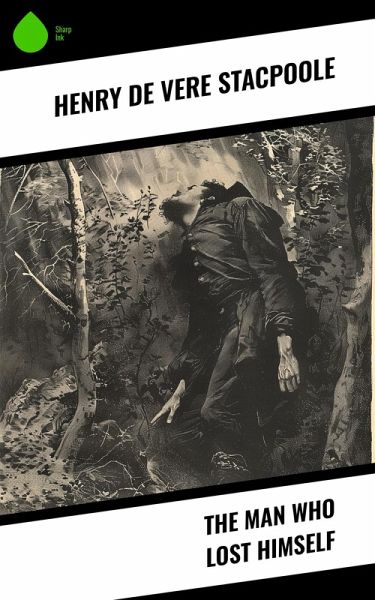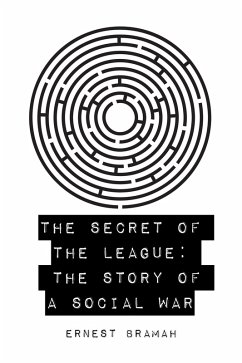
The Man Who Lost Himself (eBook, ePUB)
Versandkostenfrei!
Sofort per Download lieferbar
2,99 €
inkl. MwSt.
Weitere Ausgaben:

PAYBACK Punkte
1 °P sammeln!
In "The Man Who Lost Himself," Henry De Vere Stacpoole weaves a poignant narrative exploring themes of identity, alienation, and the search for self amidst the turmoil of life. Set against a richly descriptive backdrop, the novel employs an evocative literary style marked by vivid imagery and introspective prose. Stacpoole skillfully crafts a tale of a man whose accidental identity crisis forces him to confront not only his own existence but the broader implications of societal roles and personal aspirations. The work emerged during the early 20th century, a time when the exploration of psycho...
In "The Man Who Lost Himself," Henry De Vere Stacpoole weaves a poignant narrative exploring themes of identity, alienation, and the search for self amidst the turmoil of life. Set against a richly descriptive backdrop, the novel employs an evocative literary style marked by vivid imagery and introspective prose. Stacpoole skillfully crafts a tale of a man whose accidental identity crisis forces him to confront not only his own existence but the broader implications of societal roles and personal aspirations. The work emerged during the early 20th century, a time when the exploration of psychological depth in literature became increasingly significant, providing a lens through which readers can appreciate the intricacies of human consciousness. Henry De Vere Stacpoole, an Irish author and physician, is perhaps best known for his ability to express the complexities of human emotion and experience. Drawing on his diverse background and exposure to different cultures, Stacpoole's literary journey was inevitably shaped by his own reflective nature and existential inquiries. His insights into the human condition, coupled with his medical understanding, lend authenticity and depth to the characters he creates, resonating with a universal audience. For those interested in the intricate interplay of identity and existence, "The Man Who Lost Himself" is an essential read. Stacpoole's eloquent prose invites readers to ponder the nature of self and our place within society. This novel not only captivates with its narrative but also encourages introspection-making it a profound addition to any literary collection.
Dieser Download kann aus rechtlichen Gründen nur mit Rechnungsadresse in A, B, BG, CY, CZ, D, DK, EW, FIN, F, GR, HR, H, IRL, I, LT, L, LR, M, NL, PL, P, R, S, SLO, SK ausgeliefert werden.













